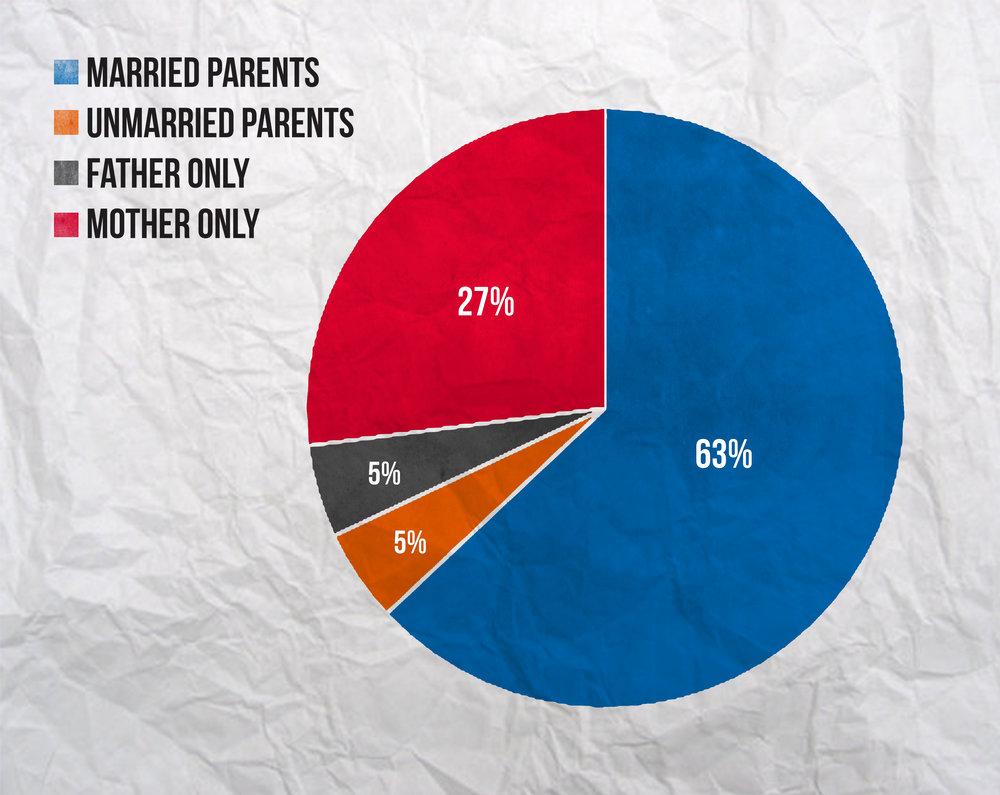by Matthew Boardman
The importance placed on individualism is directly related to the remaining gender disparities.
Gender equality is a phrase that has become increasingly common in discussions concerning education, the workforce and politics. In comparison to other parts of the world, gender equality in the U.S. has made admirable progress in recent decades, but it still has many obstacles left to overcome. In America, perhaps the most predominant issue of gender equality is equal pay for equal work.

“Today, women earn about 81 cents on the dollar compared to men —a gap that results in hundreds of thousands of dollars in lost wages. For African-American women and Latinas, the pay gap is even greater,” according to the United States Department of Labor.
Because gender equality in America has comparatively progressed, the remaining disparities between genders exist largely unseen or discounted. Gender inequality persists in the U.S., and the ramifications of it reverberate throughout political, economic and social spheres.
“Equal pay is a family issue. Women make up nearly half of the U.S. labor force and are a growing number of breadwinners in their families. More women are also working in positions and fields that have been traditionally occupied by men. When women are not paid fairly, not only do they suffer, but so do their families,” according to a government report.
With today’s challenging job market, many households forgo traditional gender roles and rely on whatever income is available to them, regardless of whether it comes from the man, woman or both. Not providing equal pay for equal work is detrimental to families that rely entirely or partly on a woman’s income. In 2012, single-parent families made up almost 32 percent of the family groups with children under the age of 18, according to the United States Census Bureau, 84 percent of which were maintained by single mothers.
The class of 2018 has a male-female ratio of 41:59, according to Whitworth’s website, and I fear many will face an uphill battle in the workforce. Politics aside, equal pay is undeniably a family issue.
Not only is the denial of equal pay detrimental financially, it’s made even worse for the larger social implication that treating women as inferior to men is acceptable behavior. Individual merit should be the most significant factor when hiring or promoting a worker, but sadly, old practices still bias many of today’s employers.
It is my belief that the disparity between gender equality is directly related to the lack of value placed on individualism. The expectation and pressure for women and men to assume traditional gender roles perpetuates gender inequalities in the workforce. By reducing female workers to one dimension, employers are enabled to ignore unique abilities and individual merit, and rob women workers of equal treatment and pay. Victimizing an impersonal group is easier than cheating an individual.
The greatest contributor to gender disparities is the continued promotion of and compliance to gender roles. Gender roles have unnecessarily isolated many traits to one gender or the other, needlessly polarizing men and women. This polarization has resulted in many gender-based biases, and consequently needs to be reformed.
Reforming gender roles does not mean that all differences between men and women are to be cast aside. There are plenty of physiological differences between men and women that should be fully appreciated and even celebrated. However, there are traits and interests that should be interchangeable between genders, such as intrapersonal disposition, prospective career fields or leisure pursuits. Neither men nor women should be taught to suppress intrinsic parts of themselves, their passions or interests for the sake of conforming to traditional gender roles. Individuality should be valued above all else.
Contact Matthew Boardman at mboardman18@my.whitworth.edu
